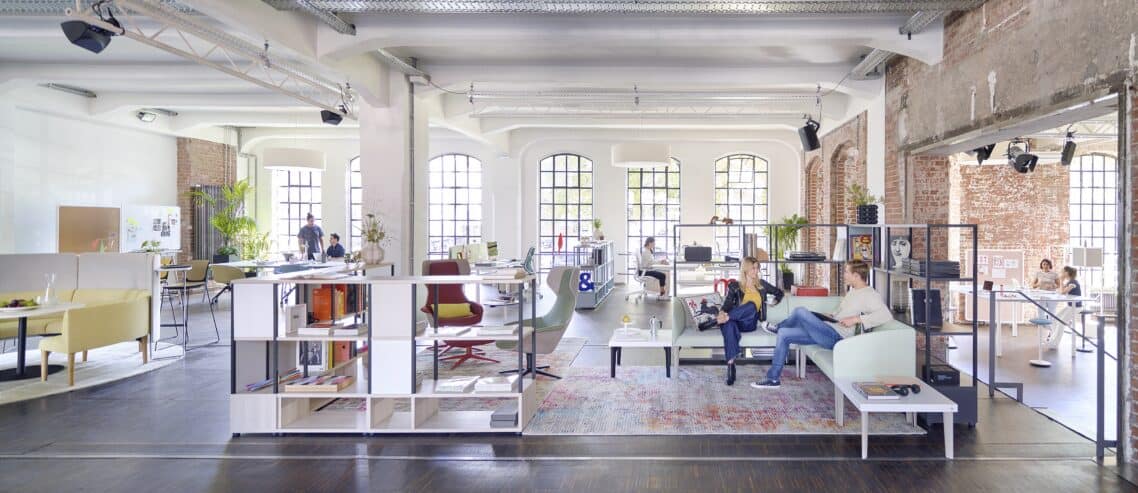Germany’s secondary cities drive demand for flexible workspace
Demand for flexible workspace continues to grow across Germany, up 47 percent year-on-year, following an ongoing shift to agile working practices, according to The Instant Group’s newly released German Flexible Market Review. The rapid increase in demand in the flexible office market is being driven by Hanover, Hamburg, Dusseldorf, Stuttgart and Leipzig. Leipzig, located an hour by train from Berlin, is emerging as a new business hotspot as it sees a 196 percent year-on-year increase in demand for flex space.
Across Germany there has been an 11 percent increase in flex supply, with supply in Germany’s secondary cities failing to keep pace with the rapid increase in demand. The imbalance between supply and demand, coupled with inflationary pressures and spiralling energy costs, is pushing up prices in cities across the country.
Stuttgart has seen cost per sq. ft. of office space jump 13 percent on the year to €101, while Frankfurt and Leipzig have both seen 9 percent increases to €90 and €74 respectively. Demand in these cities is expected to continue as companies compete for graduate talent and look to rationalise office footprints in the face of recessionary pressures, with rates forecast to grow by up to 10 percent in 2023.
To date the markets of Stuttgart, Frankfurt and Leipzig have struggled to keep pace with diversification in the office sector and increased demand for flexible workspace. Without substantial inward investment to support growth and boost flexible workspace provision, rates are set to continue rising.
Also interesting:
- How do you identify colour trends? Interview with Zukunftstil
- Building a thriving culture in the new work landscape
- Creative feel-good atmosphere – and the office becomes cosy
- New opening of the Sedus showroom in Madrid
- These are the interior trends for 2024
